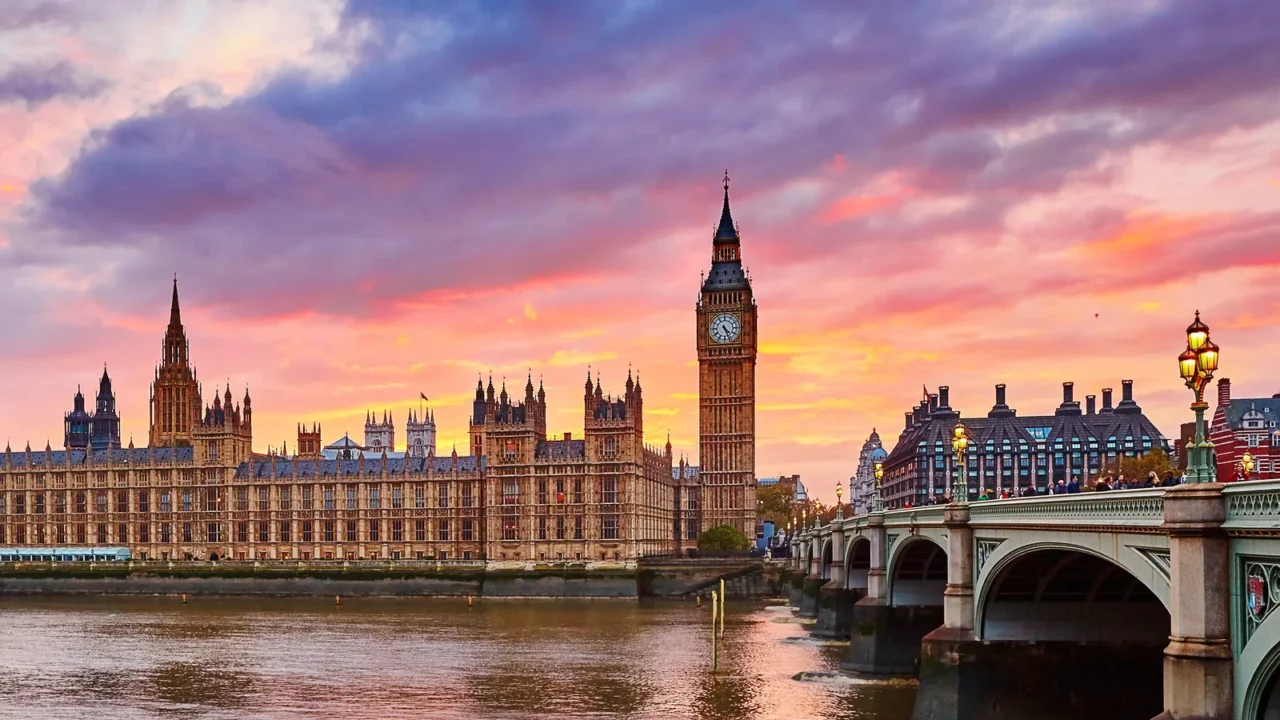
How travel rules are changing in Europe and beyond
Welcome to a world in flux where the UK, Germany, and South Korea are all reshaping how we travel, connect, and move across borders. This isn’t just a slowdown in tourism, it’s a recalibration of how nations manage travel, diplomacy, and border control.
We’ll uncover what is changing, why it matters, and how it affects people craving real experiences in real places. From the UK’s new travel rules to Germany’s tightened crossings to South Korea’s strategic pivot, we bring news, inspiration, and guides that break from the usual travel gossip.
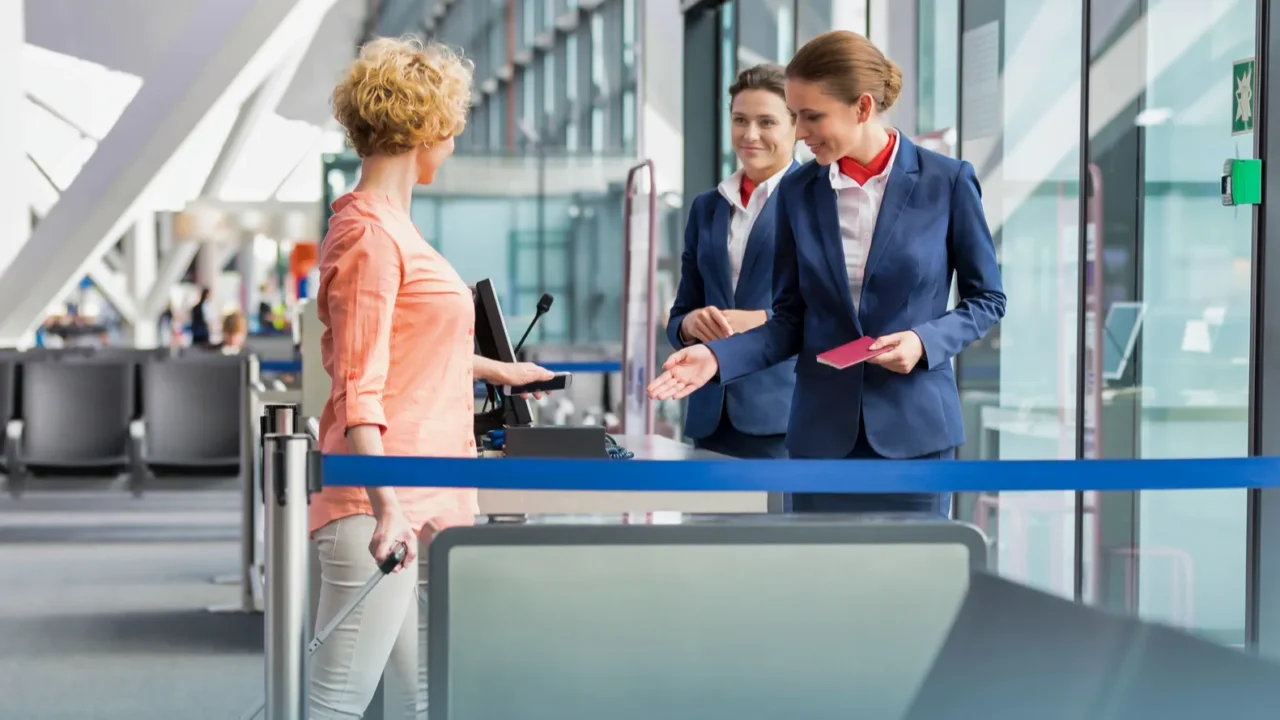
UK’s new gatekeeper
Starting January 2025, the UK will introduce an Electronic Travel Authorization or ETA for many visitors who had previously been exempt from visa rules. This means even travelers from countries like the United States, Canada, Australia, and EU member states will often need to apply in advance.
The ETA must be obtained before arrival, costs a fee, and remains valid for two years or until the passport expires. It’s not a visa but a pre-screening process. Travelers will still go through immigration checks on arrival.”
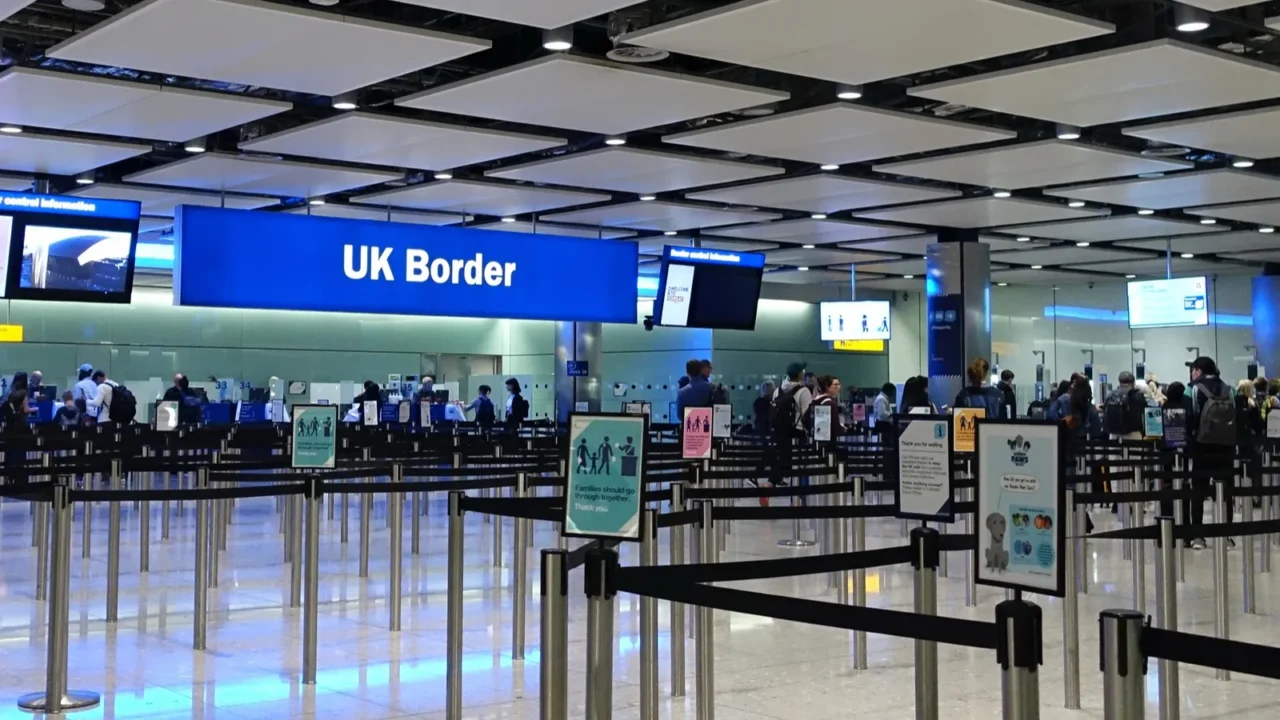
Why U.K is pulling back
The UK’s push toward ETAs and stricter border enforcement reflects concern over security, migration, and unchecked entries. Policymakers argue that advance authorizations give better control over who enters, reduce last-minute refusals at the border, and enhance national safety.
At the same time, this move signals a shift from Britain’s post-Brexit openness toward tighter regulation. The balance between welcoming tourists and preserving sovereignty is being recalibrated. For travelers, it means more planning, more paperwork, and more mindfulness of new rules.

Germany’s guarded borders
Germany has extended internal border controls with neighbouring countries until at least March 2026. These temporary border checks shut down much of the open-travel promise of the Schengen Zone to curb illegal migration, smuggling, and perceived security threats.
The effect is visible: longer wait times, disrupted bus and train routes, delays for cross-border commuters, and a harder time for spontaneous travel. For curious travelers, the new normal includes passport checks, potential refusals, and a stronger feeling of state control at what once felt like invisible lines.

What triggers Germany’s controls
These stricter border measures are rooted in rising migration flows, public fears about security, and political pressure ahead of elections. Chancellor Olaf Scholz and others cite overstretched asylum systems and illegal crossings. The government argues that temporary border control is legal under Schengen rules when threats to public order are identified.
Opposition groups push for more permanent solutions, including hardened external EU borders or renegotiated migration policies. Meanwhile, the travel industry braces for knock-on effects: fewer visitors from neighbouring states, shifting patterns, and the complexity of cross-border tours or road trips.
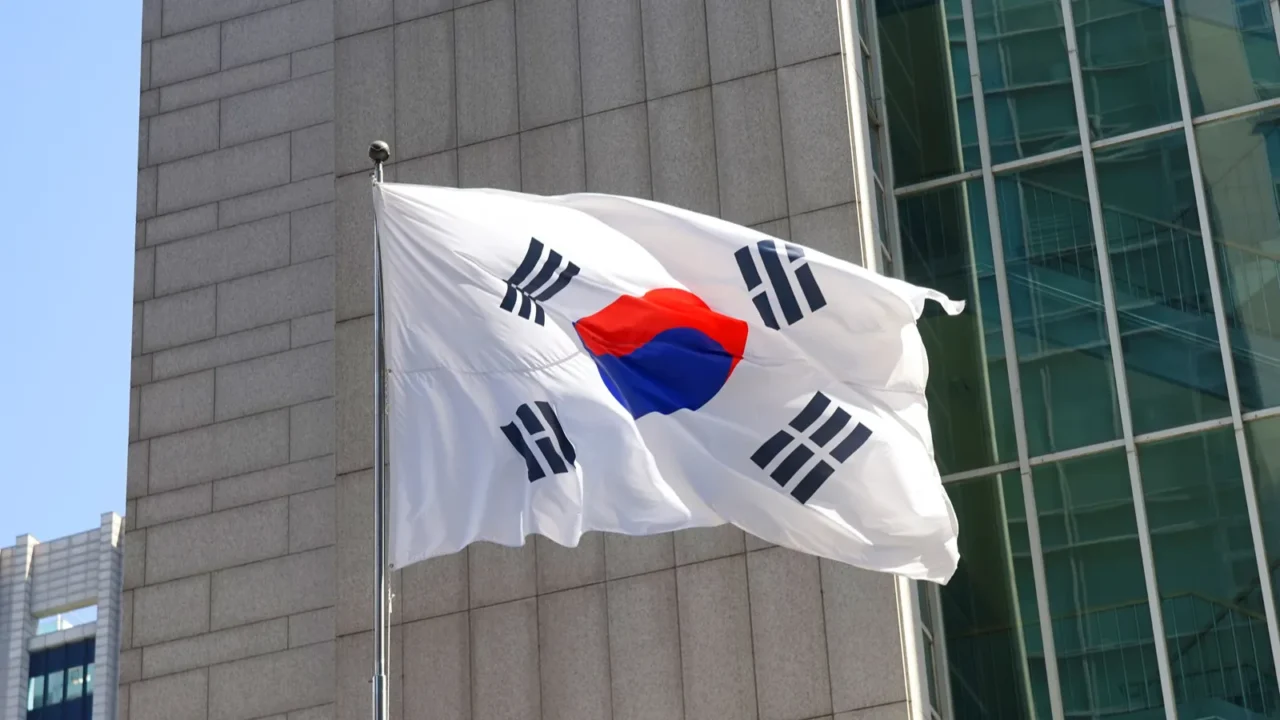
South Korea’s strategic shift
South Korea is pulling back in less literal ways but equally significant ones. The new administration is stepping away from the Indo-Pacific Strategy, which previously emphasized closer ties with Europe and NATO, and global projection. This suggests Seoul may recalibrate diplomatic energy toward Asia and its immediate security challenges.
That does not mean complete isolation but a rebalancing. The pullback influences trade, cooperation agreements, and cultural ties with Europe. For savvy travelers or cultural explorers, it means paying attention to alliances, visa or trade shifts, and what values nations choose to elevate.
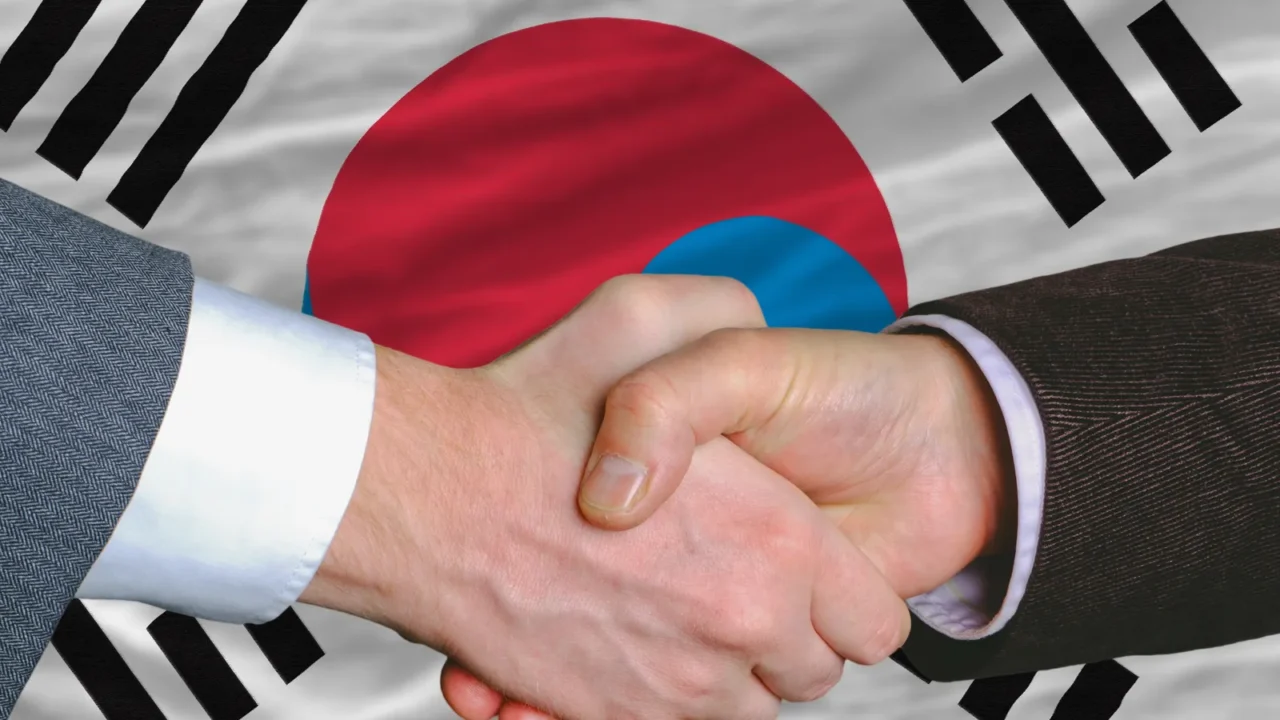
South Korea & Europe: Troubled ties
South Korea still maintains strong trade relations with the European Union, underpinned by a free trade agreement active since 2015. But recent choices reflect ambivalence: less appeasement of distant strategic goals, more direct engagement with regional partners in Asia.
The changing posture means European nations may no longer feature as Korea’s top-tier focus in security dialogues. For creative travelers, this could affect cultural exchange programs, ease of bilateral travel, or perception of European relationships in Korean policy.
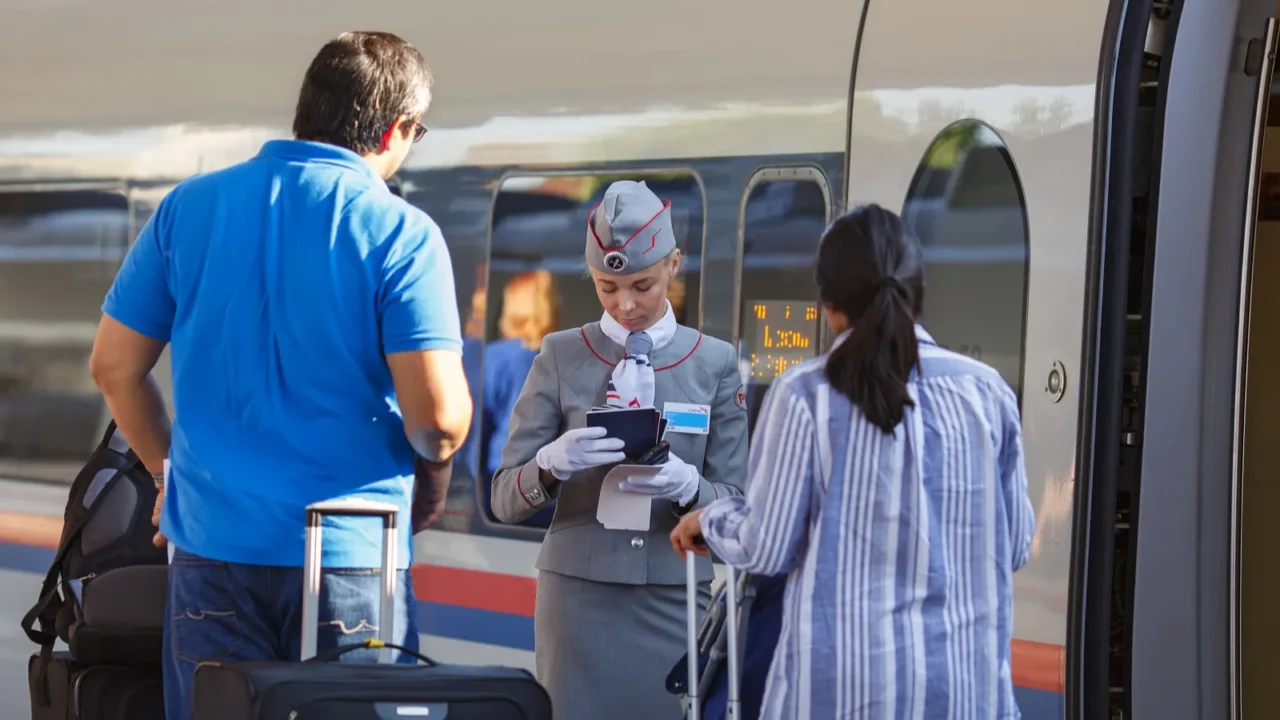
How travel is changing
With these pullbacks, travel itself becomes more intentional. Touring Europe is no longer just about spontaneous weekend breaks or last-minute train hops. New requirements demand advanced document checks, visa or authorisation regimes, and greater dependency on border logistics.
From Germany’s border checks to the UK’s ETAs and South Korea’s shifting alliances, travelers will need to plan with patience. Research visa rules, expect fingerprints or facial scans, and allow extra time at borders or transit hubs. Travel inspiration remains, but with a dose of reality and readiness.
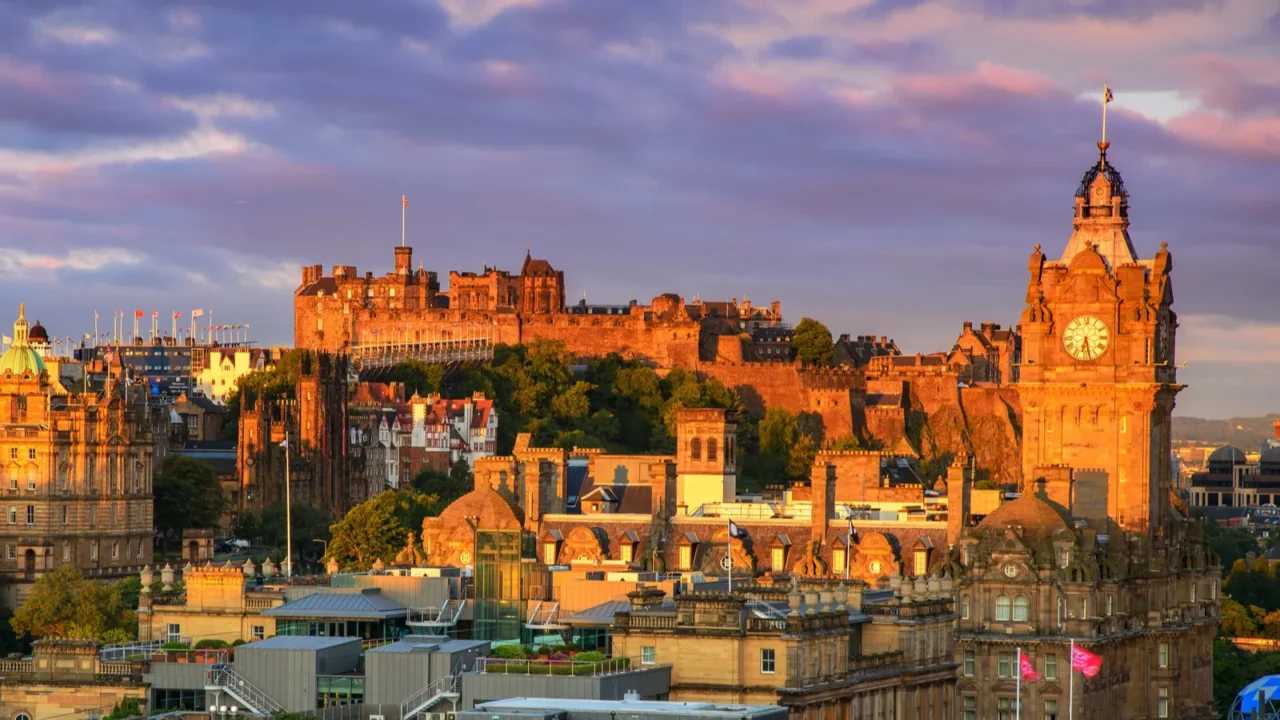
Cities to watch
London and Edinburgh, long magnets for global tourists, are especially affected by the UK’s travel changes. New rules around ETA will adjust how easily people from nations far and wide can visit. Planning trips may require more lead time, and costs may slightly rise.
Yet the charm remains. These cities continue to offer world-class museums, history, theatre, and cultural diversity. For those willing to adapt, visiting now means experiencing these destinations with fewer crowds and possibly more authenticity, less mass tourism fatigue.
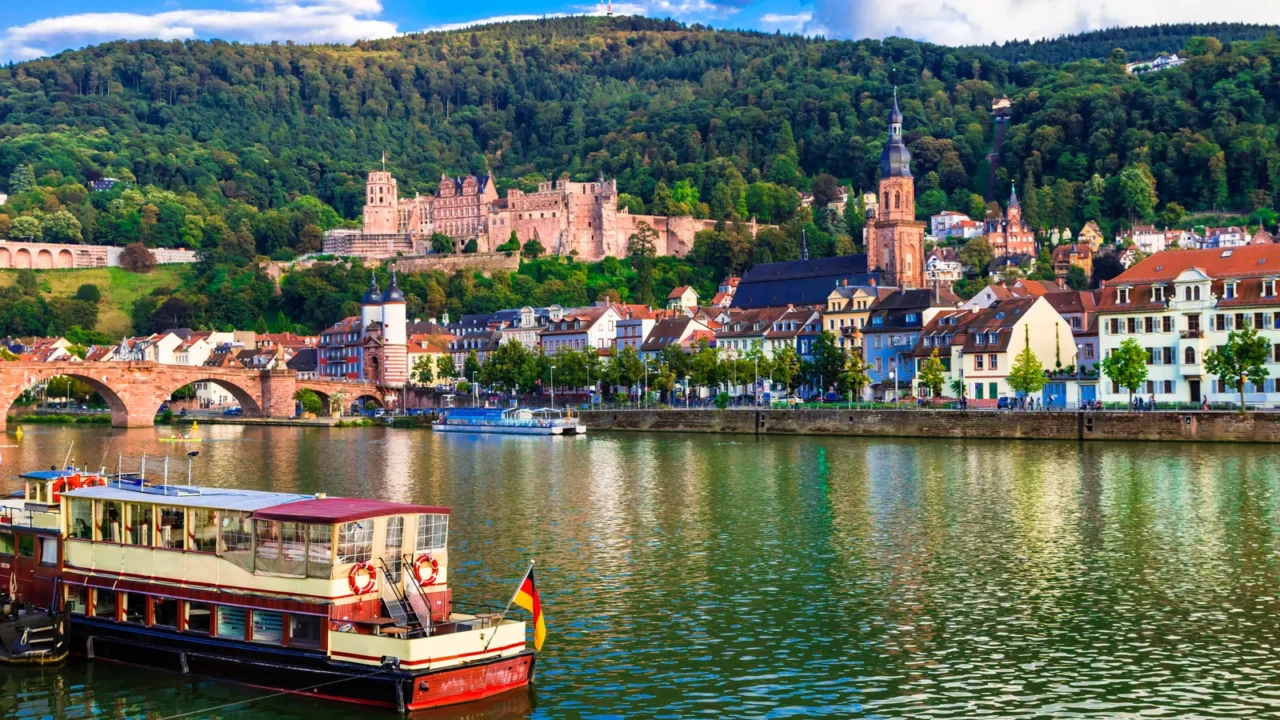
Germany’s destinations altered
Berlin, Munich, and the Rhine Valley are some of Germany’s top draws. With stricter border controls, nearby visitors from France, Poland, and neighbouring states may find entry less seamless than before. Cross-country bus routes and regional train travel are more likely to face checks.
For unique travel moments, this could be a blessing. Slower movement may reveal hidden corners: small towns, regional festivals, countryside hikes that were once overshadowed by easier city-to-city travel. Discover Germany beyond its global flagship cities.
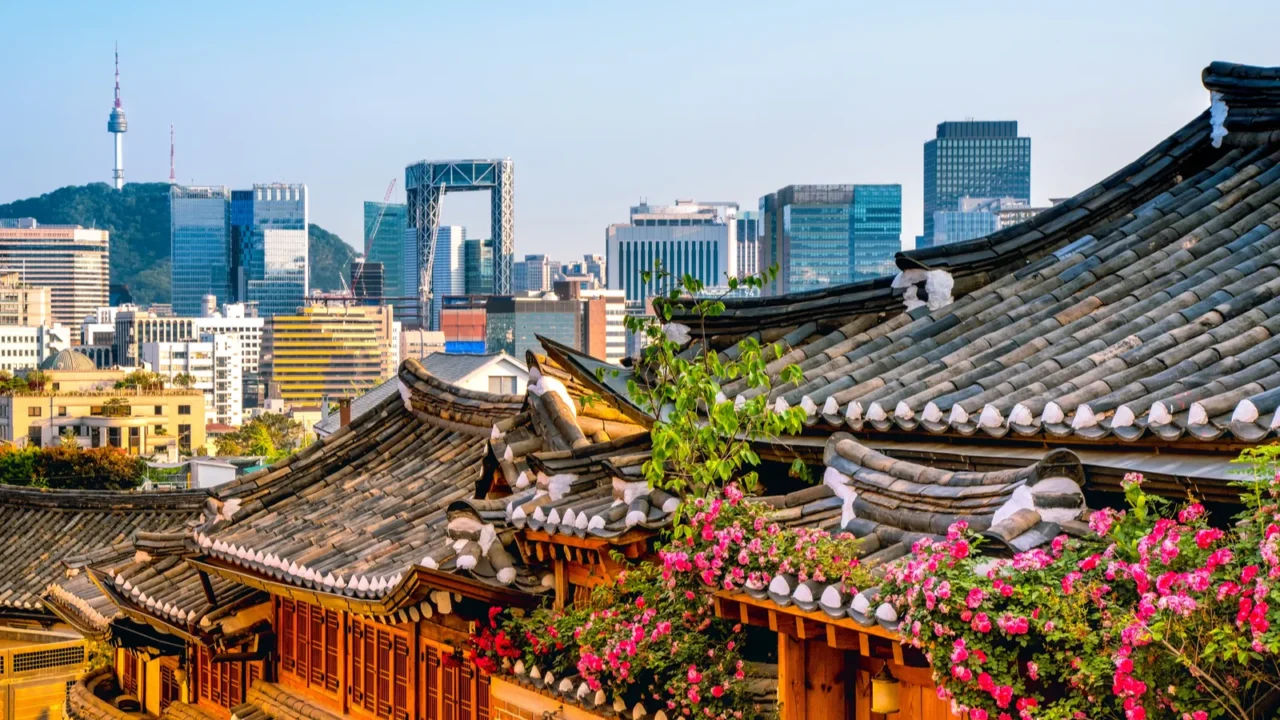
Seoul & beyond
Seoul remains a vibrant place of modernity, tradition, street food, design, and innovation. But with South Korea pulling back from broad Europe-oriented diplomacy, cultural exchange, and foreign travel, priorities may shift. Visa rules, scholarship programs, or industry partnerships could be reoriented toward Asia or selectively toward Europe.
Travelers should stay tuned: changes in visa reciprocity, investment in cultural tourism infrastructure, or lifestyle collaborations may reshape what it means to travel between Korea and Europe. For now, Seoul stands both as a gateway and a pivot point between worlds.
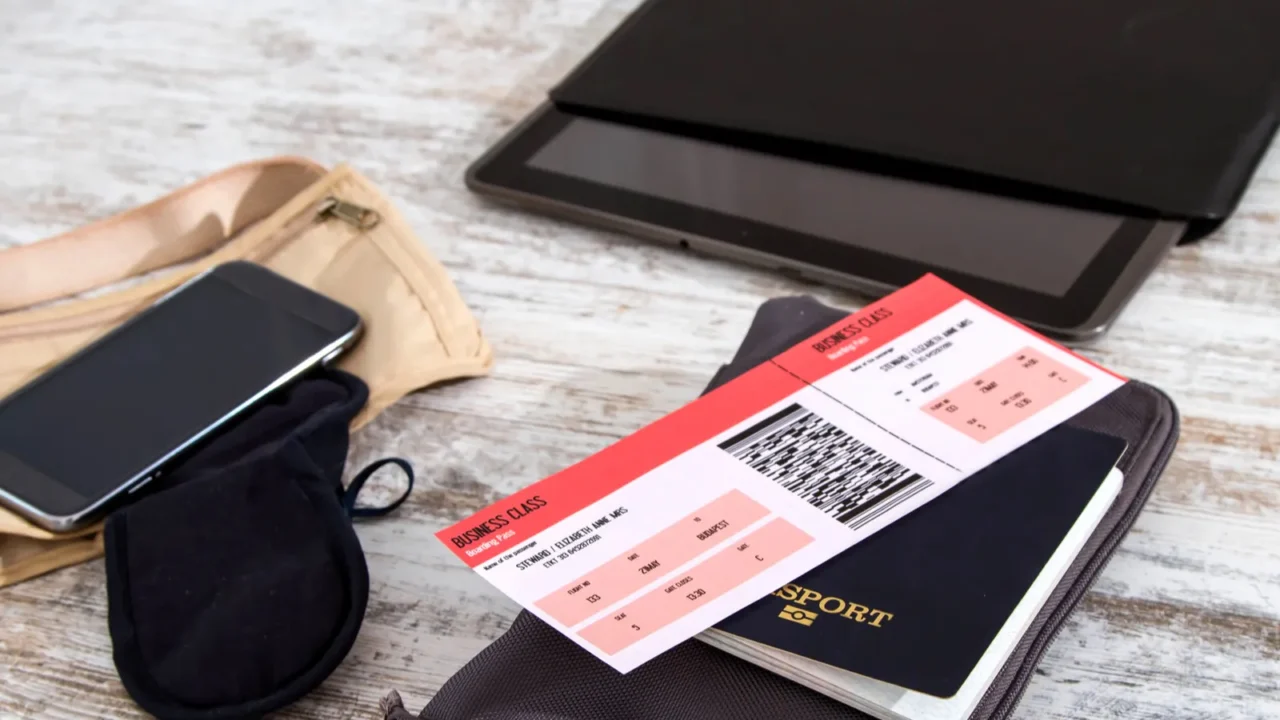
Travel tips in this era
Don’t assume old rules still apply. Always check current visa or travel-authorization requirements well before booking, especially for the UK. For Germany, monitor border policy updates and potential delays at land crossings. With South Korea, verify bilateral agreements if you’re combining trips or studying abroad.
Pack digitally: scan passports, keep digital copies, use official apps. Expect more questions at border control. Buy travel insurance that covers unexpected detours or delays. Be flexible. Plan for longer transit times. Let curiosity guide you, but with respect for the shifting regulatory map.
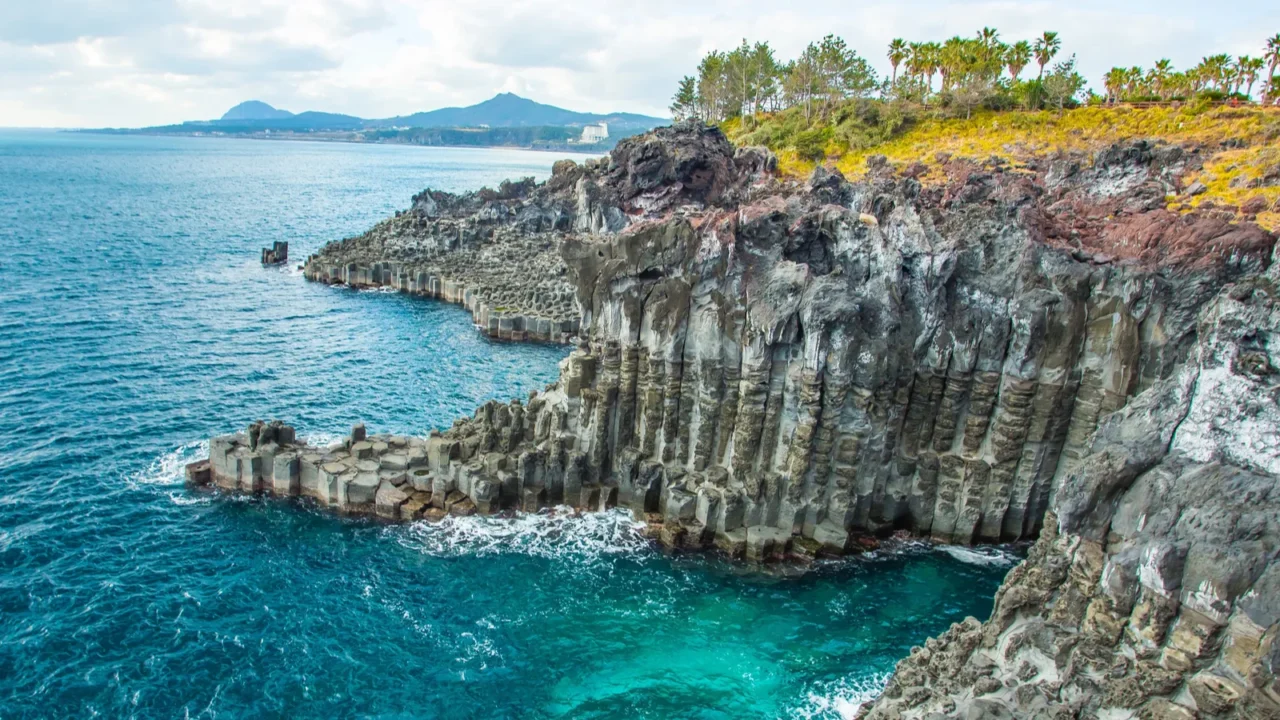
Hidden gems on either side
If stricter rules push you toward less-traveled paths, you’ll find hidden gems. In the UK, think of Wales’ rugged coast, the Scottish Highlands, or Cornwall’s quiet beaches. Germany offers the Black Forest, the Harz Mountains, and towns like Görlitz or Bamberg for rich culture without crowds.
From Korea’s Jeju Island or Andong to Busan’s art districts, even if official focus shifts, landscapes and local culture remain vibrant. Sometimes the greatest travel reward is not in the center of power but in paths less trodden.

Inspiration and stories
Meet the solo traveler who swapped Paris for Poland’s border towns to escape busy tourist zones. Hear from families reorganizing holidays so that every trip includes both city art and rural calm. Explore how artists in Seoul find inspiration in Asian neighborhoods rather than European exhibitions.
These stories tell us travel is more than ticking off cities. It is about emotional resonance, surprise, and connection. Even while nations pull back, individuals push forward—seeking meaning, memory, authenticity.
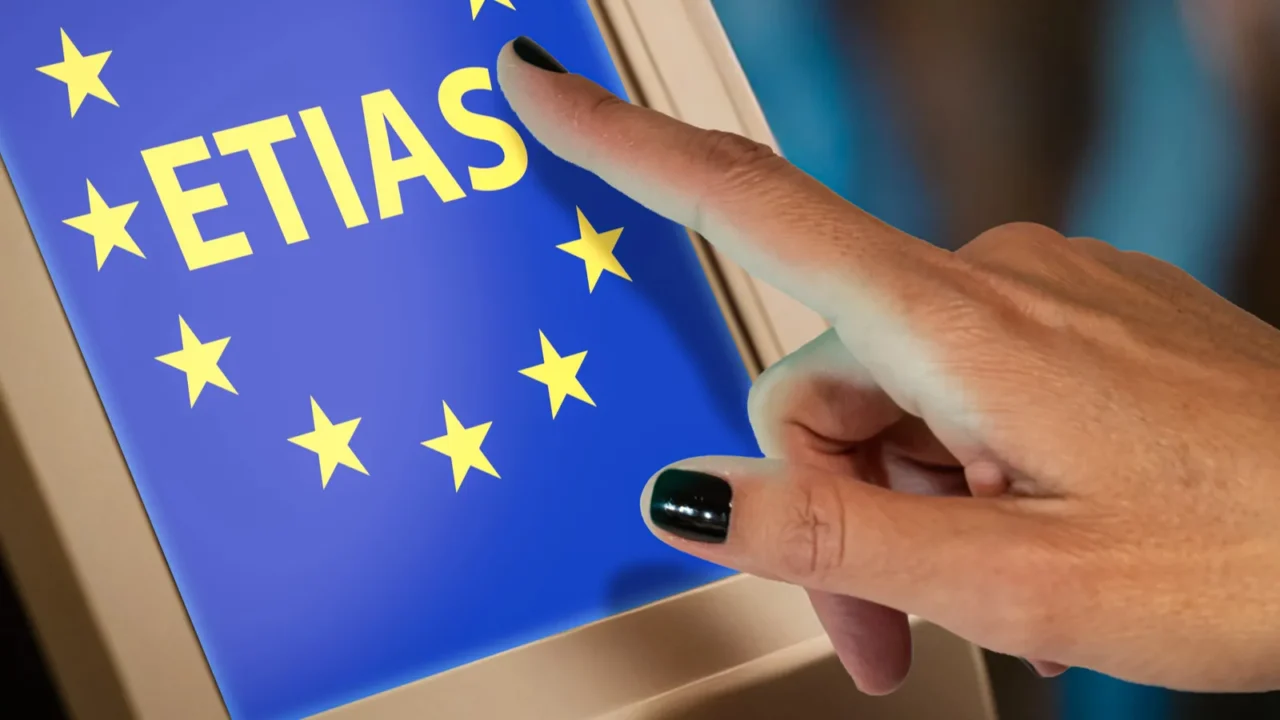
What the future might hold
The European Travel Information and Authorization System (ETIAS) is now scheduled to launch in the last quarter of 2026, delayed from earlier planned dates. It will require travelers from visa-exempt countries, including the United States, Canada, and Australia, to obtain pre-travel authorization before entering European countries in the Schengen Area.
Cultural tourism will adapt to scale, community-based experiences, deeper local engagement, and slower travel. Economic and climate pressures will add urgency. For those with wanderlust, the journey itself is evolving, especially with AI guiding every step and also showing why AI is the smartest travel agent you’ll ever have.
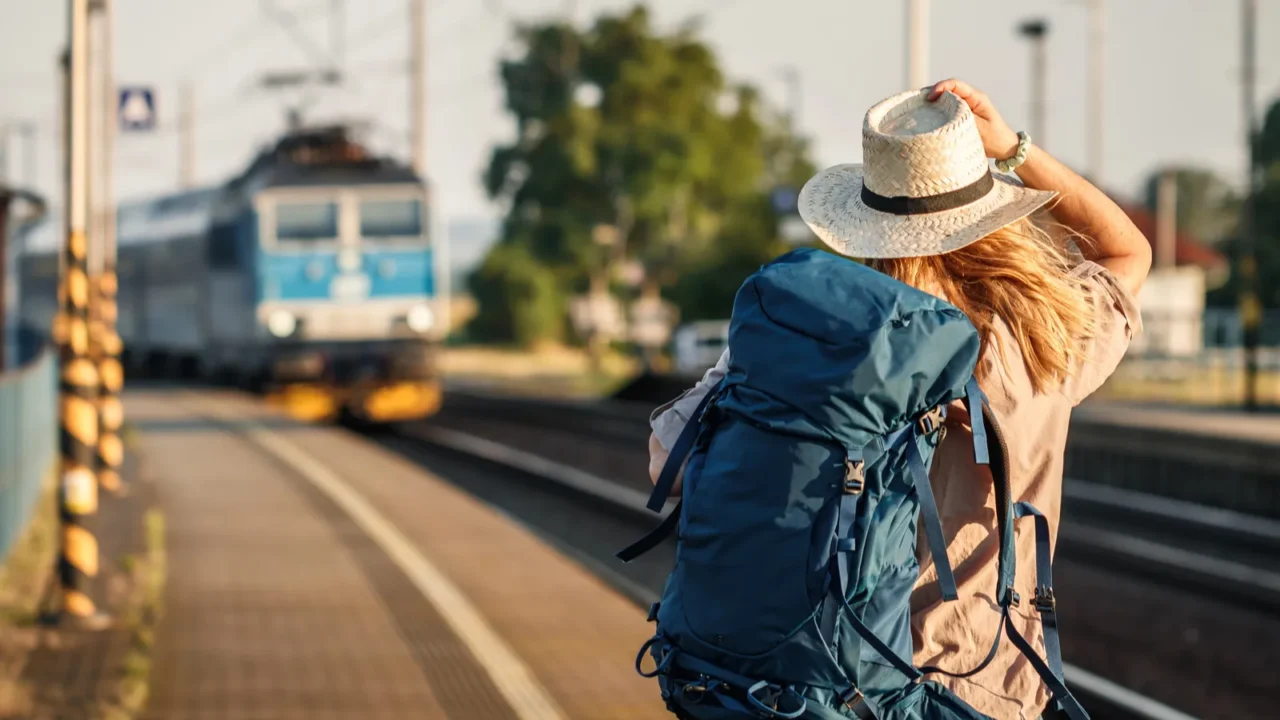
Call to move
Europe is on pause in some ways, borders, policies, and strategies are shifting. Yet this pause is also a pivot, an opportunity to travel differently. To plan more, engage more, see more with eyes open to change. The world will still offer wonder.
So pack your curiosity, keep informed, and let policy not silence adventure. Let it deepen our respect for places and people. Travel boldly, travel smart. The story of connection is still being written, and with travel agencies that plans your trip, and keep it a surprise, every journey can unfold in unexpected ways.
Where will your next adventure take you?
Read More From This Brand:
- Why influencers and vloggers are flocking to China in 2025
- What makes Görlitz Europe’s most underrated cultural treasure
- Banned? These Countries Don’t Want American Tourists Anymore
Don’t forget to follow us for more exclusive content right here on MSN.
This slideshow was made with AI assistance and human editing.